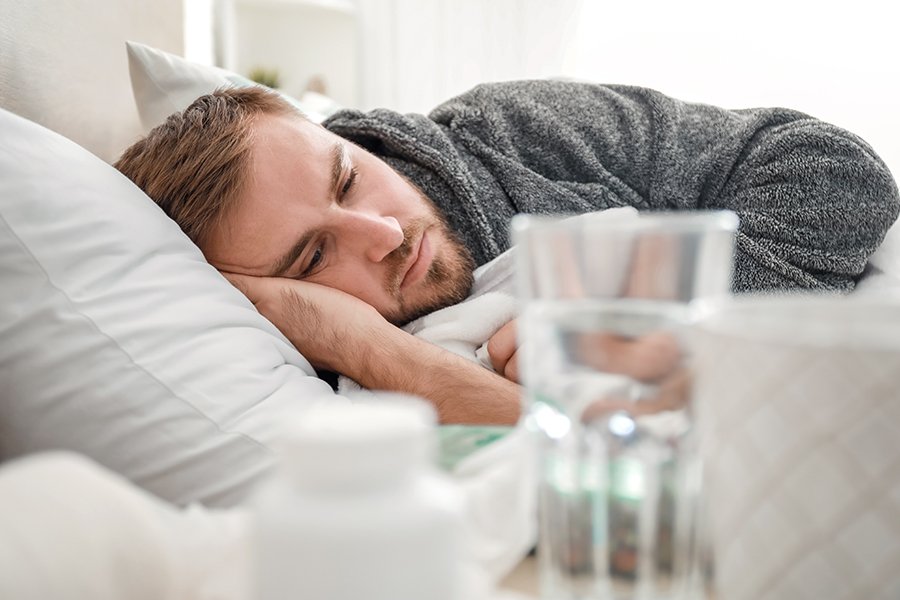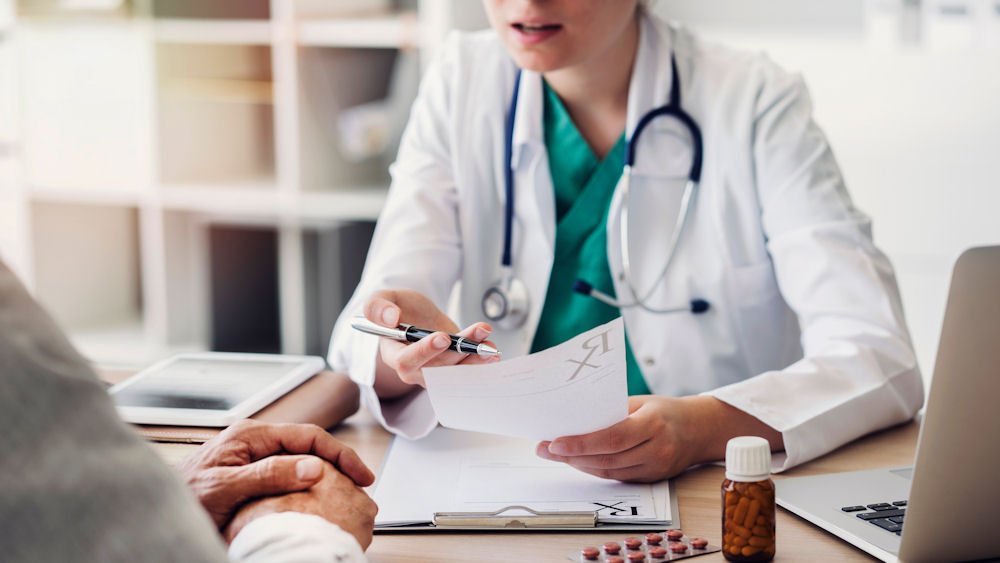Prescription drug abuse has emerged as a pervasive issue in society, affecting individuals of all backgrounds across California. The misuse of prescription medications, whether for pain management or other medical conditions, has led to a concerning rise in addiction and overdose rates.
In response to this growing crisis, specialized treatment centers have been at the forefront of providing comprehensive care and support for individuals grappling with prescription drug dependency. These treatment facilities offer a range of programs and therapies tailored to address the unique needs of those struggling with prescription drug addiction, guiding them toward a path of recovery and wellness.
Located in Marin County, California, Golden Gate Recovery stands out as a premier destination for individuals seeking a comprehensive prescription drug treatment center. Specializing in a range of treatment programs for drug and alcohol addiction, and co-occurring disorders, including a partial hospitalization program (PHP), intensive outpatient program (IOP), and aftercare support. Our men’s rehab facility offers a holistic approach to aiding individuals in their journey toward sobriety.
Prescription drugs, medications requiring a written order from a licensed healthcare provider, are vital for treating various medical conditions. However, they often contain potent or harmful substances that need careful monitoring.
Recent data shows alarming trends in drug overdose deaths in the United States and California. Overdose death rates surged by 33.9% in the US, from 12.9 to 17.2 per 100,000 individuals. Similarly, California saw a 14.8% increase, rising from 11.2 to 12.8 per 100,000 individuals.
According to the National Institute on Drug Abuse, approximately 52 million Americans aged 12 and above have abused prescription medication at least once. Moreover, another 6.1 million people have abused prescriptions in the past 30 days. Despite this, prescription drugs are a common aspect of many people’s lives, with nearly 46% of the US population having taken at least one prescription drug within the last month.
These statistics underscore the urgent need to address prescription drug abuse and overdose rates, especially among marginalized populations. With fatal overdoses rising, particularly in certain areas, raising awareness and providing support are crucial in combating this escalating public health crisis.
Commonly abused prescription drugs include:
Such as oxycodone (OxyContin), hydrocodone (Vicodin), and fentanyl. These are powerful pain relievers often misused for their euphoric effects.
Including benzodiazepines such as alprazolam (Xanax) and diazepam (Valium), as well as barbiturates. They are used to treat anxiety and sleep disorders. Benzos can be addictive when misused.
Such as methylphenidate (Ritalin) and amphetamines like Adderall. These are prescribed for attention deficit hyperactivity disorder (ADHD) but are often abused for their stimulating effects.
While not typically abused for their psychoactive effects, certain antidepressants like selective serotonin reuptake inhibitors (SSRIs) and serotonin-norepinephrine reuptake inhibitors (SNRIs) may be misused for their mood-altering properties.
Medications like quetiapine (Seroquel) and olanzapine (Zyprexa) are used to treat schizophrenia and bipolar disorder. They may be abused for their soothing effects or to enhance the effects of other drugs.
These drugs are often obtained through legitimate prescriptions but are misused by individuals seeking their euphoric or sedative effects.
Prescription drugs affect the brain and body in various ways, depending on the type of drug.
Central nervous system (CNS) depressants like benzodiazepines and barbiturates slow down brain activity by enhancing the effects of neurotransmitters like gamma-aminobutyric acid (GABA). This can result in calming effects, but misuse can lead to drowsiness, confusion, impaired coordination, and even coma or death due to respiratory depression.
Stimulants such as Adderall and Ritalin increase the activity of neurotransmitters like dopamine and norepinephrine, improving focus and alertness. While beneficial for individuals with ADHD, misuse can lead to euphoria, increased heart rate, elevated blood pressure, and insomnia. Long-term misuse may result in cardiovascular issues, psychosis, and addiction.
Opioids, including oxycodone and morphine, bind to opioid receptors in the brain, blocking pain signals and inducing feelings of euphoria. However, they can also cause drowsiness, constipation, nausea, and respiratory depression. Prolonged use can lead to physical dependence and addiction, with the risk of overdosing.
Antidepressants and antipsychotics regulate mood and perception by altering neurotransmitter levels such as serotonin and dopamine. These medications may produce side effects like weight gain, sexual dysfunction, dizziness, and, in some cases, an increased risk of suicidal thoughts, particularly in young adults.
Other prescription drugs, like antianxiety medications and muscle relaxants, target specific neurotransmitters or receptors to produce effects such as sedation, relaxation, or mood stabilization.

Untreated prescription drug addiction can have serious consequences, both in the short-term and the long-term.
Prescription drugs can be addictive due to their impact on the brain’s reward system and chemistry. They mimic neurotransmitters like endorphins or dopamine, altering mood and pleasure. Continued use leads to tolerance, requiring higher doses for the same effect, and physical dependence, causing withdrawal symptoms upon cessation. Psychological dependence also develops, driving cravings and preoccupation with the drug. Misuse, either for recreation or self-medication, further increases the addiction risk. Understanding these mechanisms is vital for prevention and treatment strategies.
Treatment options for prescription drug abuse vary depending on individual needs and the severity of the addiction. Here are some common treatment at our prescription drug addiction rehab in Marin County:

Participation in support groups such as Narcotics Anonymous (NA) or SMART Recovery can provide valuable peer support, encouragement, and accountability for individuals in recovery from prescription drug abuse.
Counseling sessions with a therapist or counselor can help individuals and their families navigate the challenges of addiction, improve communication, and rebuild relationships damaged by drug abuse.
Developing a relapse prevention plan is crucial for maintaining sobriety after completing treatment. This plan involves identifying triggers, developing coping strategies, and establishing a support network to aid recovery goals.
After completing formal treatment, ongoing support through aftercare programs, continued therapy, and participation in support groups can help individuals sustain their recovery and prevent relapse over the long term.
Seeking treatment at a specialized prescription drug treatment center can provide comprehensive care tailored to the specific needs of individuals struggling with prescription drug abuse. By choosing a prescription drug treatment, individuals can access the specialized care needed to overcome addiction and rebuild their lives.

If you or someone you know is struggling with prescription drug addiction, it’s time to take action and break free from the cycle of dependency. At Golden Gate Recovery, our prescription drug treatment center offers personalized treatment programs tailored to your specific needs. Our comprehensive approach combines medical detoxification, evidence-based therapies, and ongoing support to help you achieve lasting recovery.
Don’t let prescription drug addiction control your life any longer. Contact us today to take the first step towards a healthier, drug-free future.
Get confidential help! Call Us Now for:

Golden Gate Recovery is a grass roots organization created by men in long term recovery with a simple mission: to continue strengthening our therapeutic and peer led community toward the goal of long term recovery for each client.